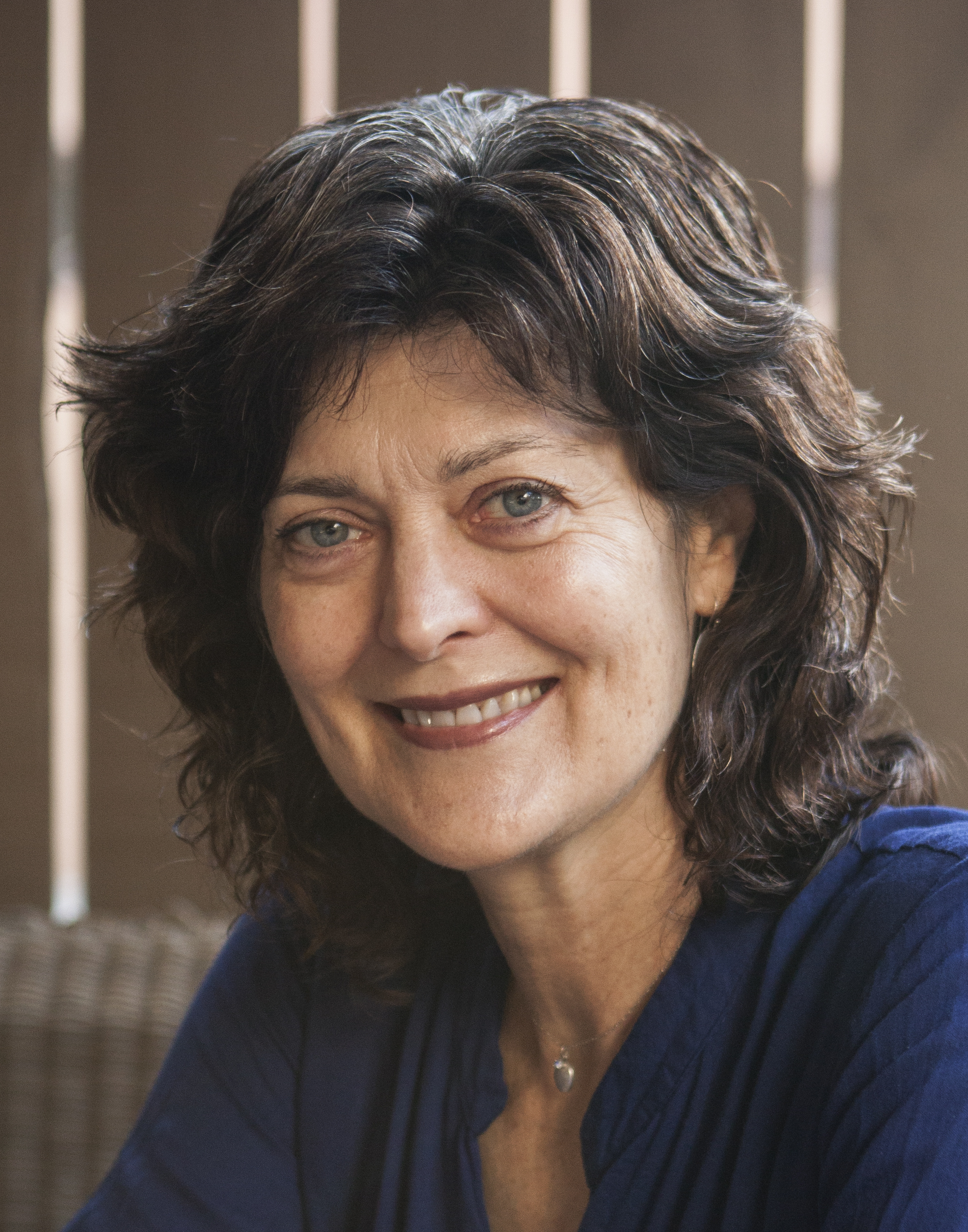Attention to “religion” in the work of humanitarians broadly-conceived (including both development and emergency relief actors) is on the rise, as is interrogating the reasons why humanitarians do what they do, and the role of religious actors in the broader “humanitarian international.” Drawing on interviews with Muslim and Christian humanitarians in multiple sites, Cecelia Lynch addresses the hermeneutics of religion in contemporary humanitarian action. In the lecture given on March 31, 2016 and accessible below, Lynch focuses on concepts and tensions important for peacebuilding that emerge from the “popular casuistry” of actors who navigate the principles of their faiths in difficult contexts.
https://www.youtube.com/watch?v=C_AQ0p1BgCQ;feauture=player_embedded
https://www.youtube.com/watch?v=QGjis2MgEAE;feature=player_embedded
[For more discussion see Atalia Omer’s “Religious humanitarians and the challenges of history” and Kyle Lambelet’s “What’s ethical about popular casuistry?“.]

